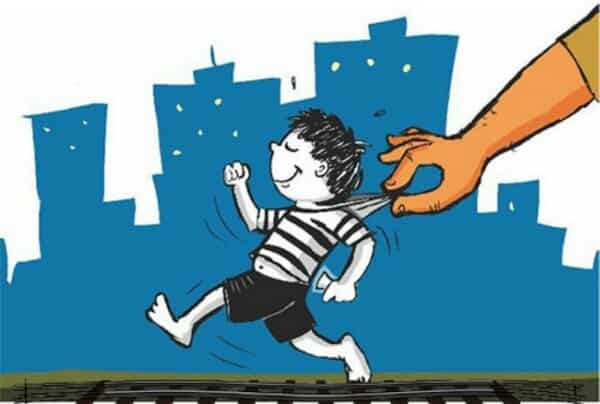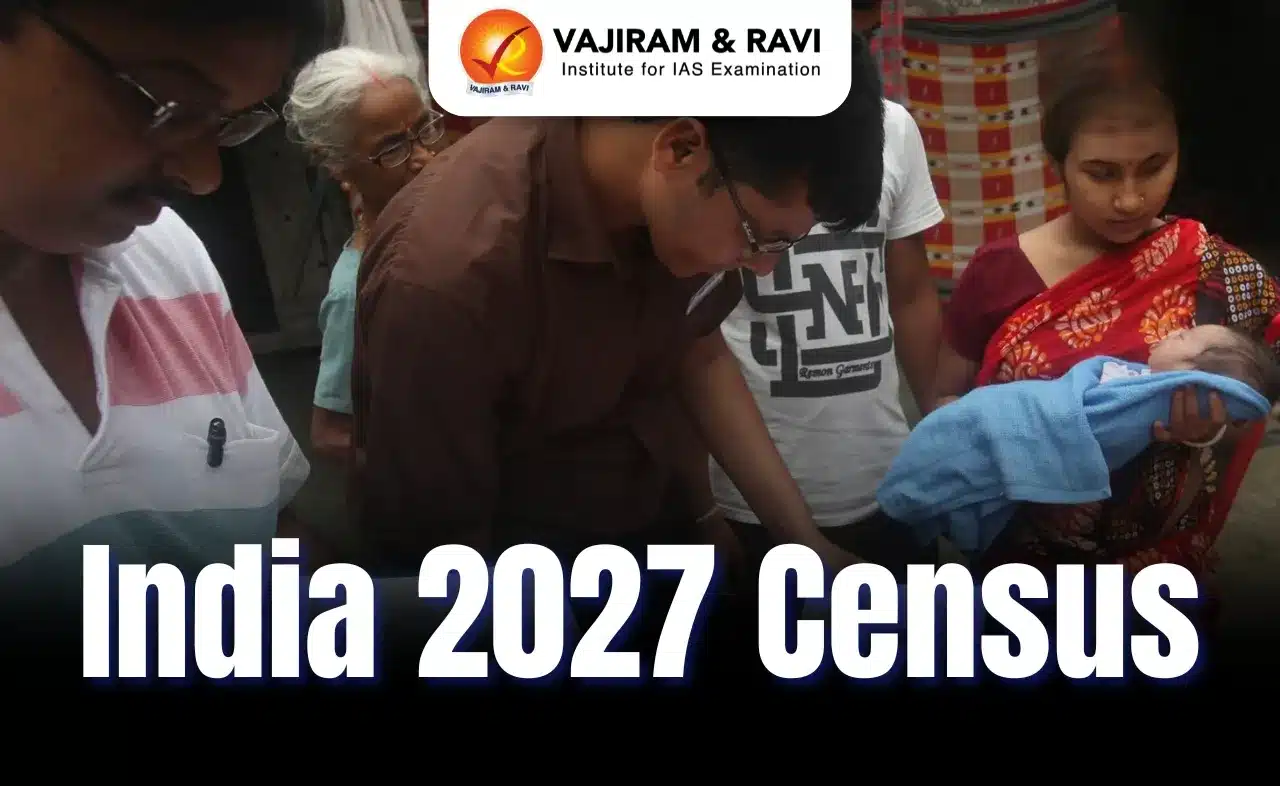What’s in today’s article?
- Why in News?
- How does a Child get Tried as an Adult?
- What are the Responsibilities of the JJB?
- What are the Issues with the Process?
Why in News?
- The National Commission for Protection of Children (NCPCR) has recently issued guidelines for conducting a preliminary assessment by the Juvenile Justice Board (JJB) under the Juvenile Justice Act, 2015 (JJ Act, 2015).
- This preliminary assessment is to ascertain whether a juvenile can be tried as an adult.
How does a Child get Tried as an Adult?
- Replacing the JJ Act 2000, the Act of 2015 provided (for the first time) for trying juveniles in the age group of 16-18 as adults in cases of heinous offences.
- The Act has categorised the offences committed by children into three categories – petty offences, serious offences, and heinous offences.
- Section 15 of the JJ Act: In case of a heinous offence allegedly committed by a child (in the age group of 16-18), the JJB shall conduct a preliminary assessment regarding –
- His mental and physical capacity to commit such offence,
- Ability to understand the consequences of the offence and
- The circumstances in which he allegedly committed the offence.
- Section 18 (3) of the JJ Act: If the JJB, after preliminary assessment, passes an order that there is a need for trial of the said child as an adult, then the JJB may order the transfer of the case to the Children’s Court.
- Thus, the sole objective of having such a preliminary assessment is to determine whether a child within the age group of 16-18 years should be tried as an adult in case of heinous offences.
What are the Responsibilities of the JJB?
- The JJB shall be responsible for the preliminary assessment and provide the child, the child’s family, and their counsel a copy of the order.
- In case the JJB does not have at least one member who is a practitioner with a degree in child psychology or child psychiatry, the JJB shall take the assistance of psychologists or experts.
- The child should also be provided with a legal aid counsel through the District Legal Services Authority who shall be present during the preliminary assessment.
- Experts, who have the required qualification to assist the JJB, to undergo training concerning Section 15 of the JJ Act, 2015
- During the preliminary assessment, the Board and experts shall also analyse and take into consideration the Social Investigation Report (SIR)/Social Background Report (SBR).
- SIR is prepared by the Probation officer or Child Welfare Officer or any social worker after interaction with the child or child’s family.
What are the Issues with the Process?
- The NCPCR is under a statutory obligation under the JJ Act, 2015 to monitor the proper implementation of the provisions of the Act.
- The guidelines have been made to remove any ambiguity and to clarify the steps that need to be followed while conducting the preliminary assessment.
- However, the major issue remains the implementation and absorption of these principles in the system.
- A lot of principles which have been made a part of the Act have not been given due prominence by the JJB as well as by the Children’s Court.
Q1) What is the National Commission for Protection of Children (NCPCR)?
It is an Indian statutory body (operational since 5 March 2007) under the aegis of the Union Ministry of Women and Child Development. It ensures that all child Laws, Policies, Programmes, and Administrative Mechanisms are in consonance with the Constitution of India and the UN Convention on the Rights of the Child.
Q2) What is the Juvenile Justice Board (JJB)?
JJBs are Indian quasi-judicial bodies formed by State Governments under the Juvenile Justice (Care and Protection of Children) Act, 2015. They decide whether juveniles accused of a crime should be tried as an adult. Each JJB consists of one first-class judicial magistrate and two social workers, at least one of whom is a woman.
Last updated on June, 2025
→ UPSC Notification 2025 was released on 22nd January 2025.
→ UPSC Prelims Result 2025 is out now for the CSE held on 25 May 2025.
→ UPSC Prelims Question Paper 2025 and Unofficial Prelims Answer Key 2025 are available now.
→ UPSC Calendar 2026 is released on 15th May, 2025.
→ The UPSC Vacancy 2025 were released 1129, out of which 979 were for UPSC CSE and remaining 150 are for UPSC IFoS.
→ UPSC Mains 2025 will be conducted on 22nd August 2025.
→ UPSC Prelims 2026 will be conducted on 24th May, 2026 & UPSC Mains 2026 will be conducted on 21st August 2026.
→ The UPSC Selection Process is of 3 stages-Prelims, Mains and Interview.
→ UPSC Result 2024 is released with latest UPSC Marksheet 2024. Check Now!
→ UPSC Toppers List 2024 is released now. Shakti Dubey is UPSC AIR 1 2024 Topper.
→ Also check Best IAS Coaching in Delhi
























